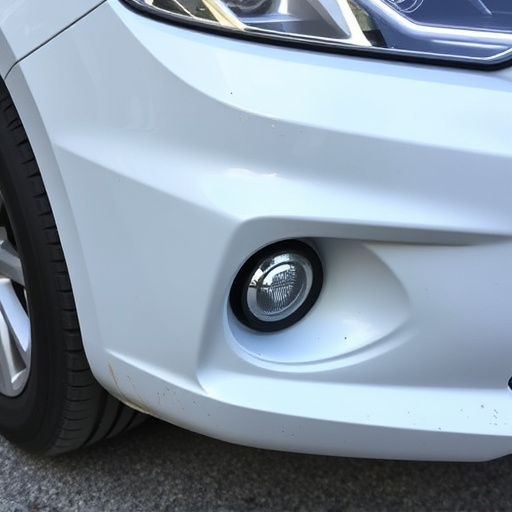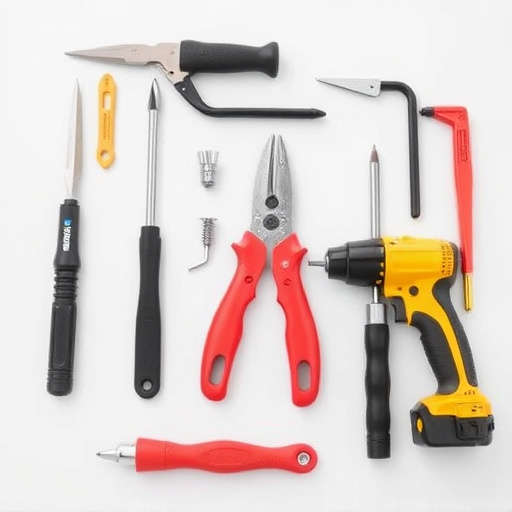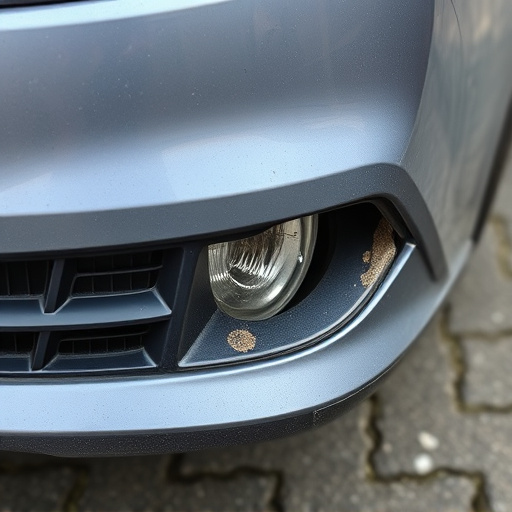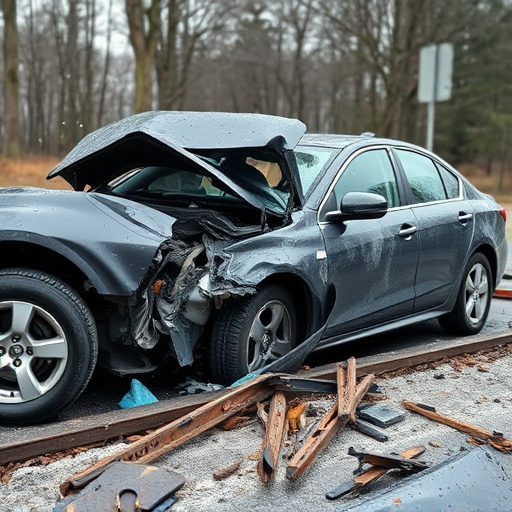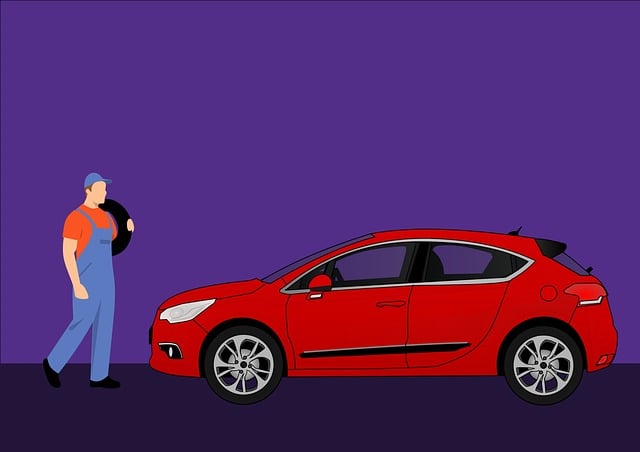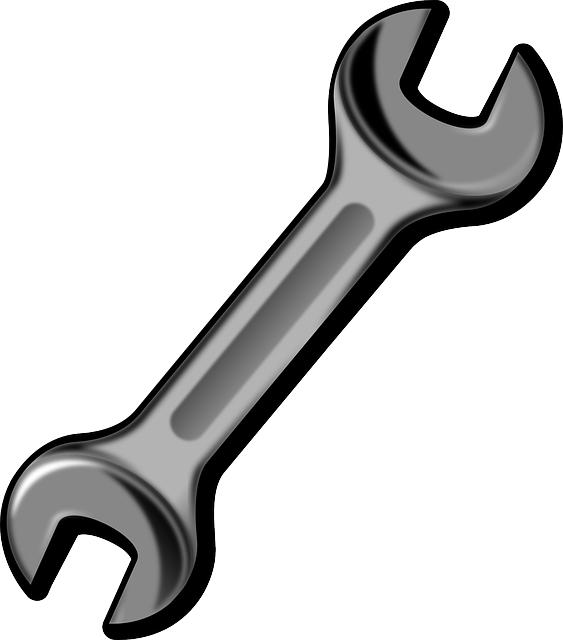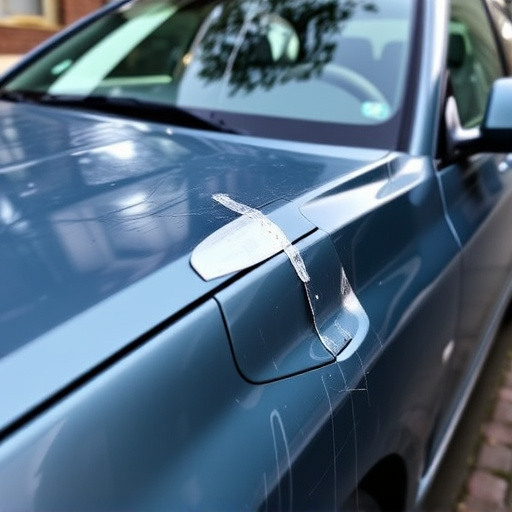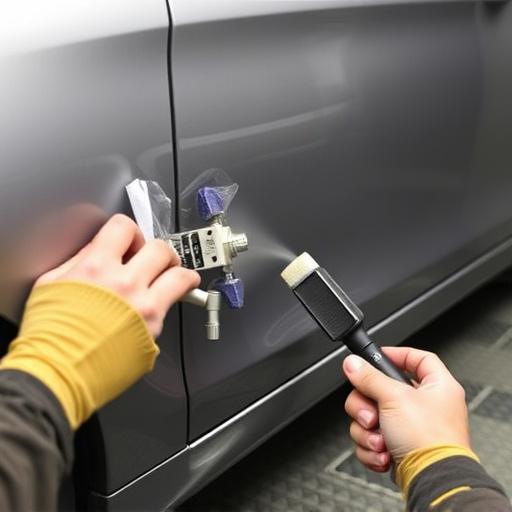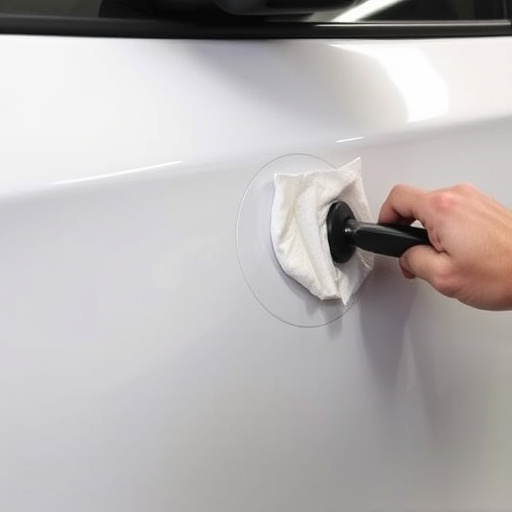Tesla structural repair training offers advanced skills for complex car body repairs specific to Tesla vehicles, covering panel replacement, frame straightening, and EV battery handling. Impact absorption testing is a key component, evaluating energy absorption through simulated collisions. This training enhances safety, quality, and longevity of Tesla vehicles by skilled technicians knowledgeable in modern materials and designs.
Tesla vehicles, renowned for their cutting-edge technology, demand specialized care when it comes to repairs. This article delves into the critical aspect of Tesla structural repair training and its impact on safety and quality. We explore the stringent requirements for training, focusing on techniques that ensure precision and reliability. Additionally, we discuss impact absorption testing, its methods, and why it’s vital for maintaining the vehicle’s structural integrity and performance. By understanding these key components, owners can make informed decisions regarding their Tesla’s maintenance.
- Understanding Tesla Structural Repair Training Requirements
- Impact Absorption Testing: Methods and Importance
- The Role of Training in Enhancing Safety and Quality Assurance
Understanding Tesla Structural Repair Training Requirements
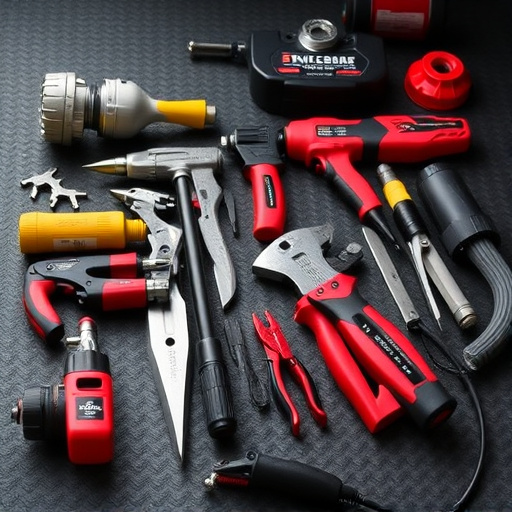
Tesla structural repair training is a specialized course designed to equip professionals with the knowledge and skills necessary for handling complex car body repairs and restorations. These training programs focus on teaching advanced techniques, safety protocols, and industry best practices tailored specifically to Tesla vehicles. Understanding these requirements is crucial for any individual or workshop looking to offer top-tier services for electric vehicle (EV) owners.
The training covers a wide range of topics, including panel replacement, frame straightening, and the unique challenges presented by EV battery packs and advanced electronics. Professionals learn how to perform precise measurements, utilize specialized tools, and ensure proper alignment during car body repair processes. Moreover, the curriculum emphasizes impact absorption testing, which is vital for evaluating a vehicle’s safety and structural integrity, especially considering the specific demands placed on modern automobiles, including tire services and overall vehicle performance.
Impact Absorption Testing: Methods and Importance
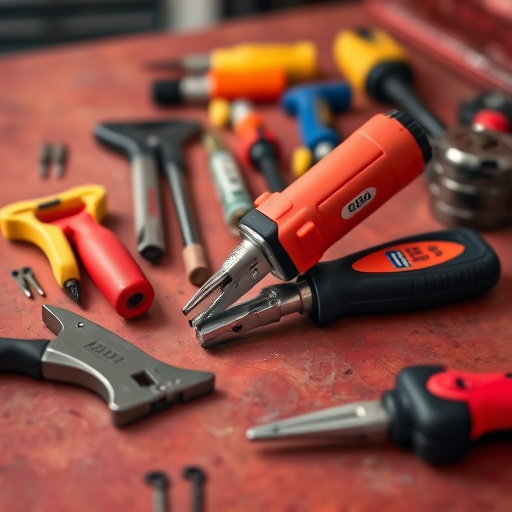
Impact Absorption Testing plays a pivotal role in Tesla structural repair training, equipping technicians with crucial skills to ensure vehicle safety and performance. This testing involves subjecting car dent repair components to simulated collision forces to evaluate their ability to absorb and dissipate energy, mimicking real-world auto collision scenarios. The data gathered helps in refining repair techniques and identifying areas for improvement in both Tesla vehicles and at auto collision centers.
Methods vary from dynamic impact tests that simulate high-speed collisions to static tests focusing on specific zones of a vehicle’s structure. By understanding the behavior of materials under stress, technicians can learn how to effectively perform car repair services, enhancing the overall safety and reliability of repaired vehicles. This knowledge is particularly vital in Tesla structural repair training due to the advanced materials and sophisticated designs found in Tesla automobiles.
The Role of Training in Enhancing Safety and Quality Assurance
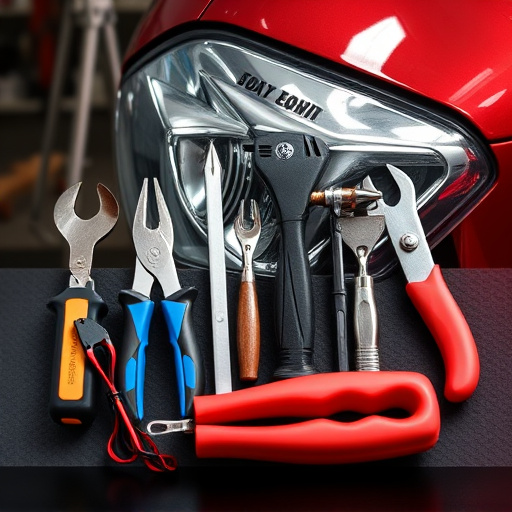
Tesla structural repair training plays a pivotal role in enhancing both safety and quality assurance within the automotive industry. Skilled technicians are equipped with the knowledge to handle complex car bodywork repairs, ensuring that every vehicle returns to the road in safe and reliable condition. This is particularly crucial given the intricate nature of modern vehicles, which often incorporate advanced materials and sophisticated structural designs.
Proper training enables professionals to navigate through various scenarios, from minor fender benders to more severe collisions. They learn effective techniques for impact absorption testing, enabling them to assess and rectify any potential weaknesses or damage. This meticulous approach not only guarantees the structural integrity of vehicles but also extends their lifespan, ultimately contributing to a safer and more sustainable driving experience.
Tesla structural repair training is not just a course; it’s an investment in safety, quality, and innovation. By understanding the stringent requirements and implementing rigorous impact absorption testing, we ensure that repairs meet the highest standards set by Tesla. This training empowers technicians, fostering a culture of excellence that translates to enhanced vehicle performance and owner satisfaction. Ultimately, prioritizing Tesla structural repair training benefits the entire automotive ecosystem, setting a benchmark for safety and quality assurance.
